Navigating the Tapestry of Santa Teresa: A Comprehensive Exploration of its Map
Related Articles: Navigating the Tapestry of Santa Teresa: A Comprehensive Exploration of its Map
Introduction
With great pleasure, we will explore the intriguing topic related to Navigating the Tapestry of Santa Teresa: A Comprehensive Exploration of its Map. Let’s weave interesting information and offer fresh perspectives to the readers.
Table of Content
Navigating the Tapestry of Santa Teresa: A Comprehensive Exploration of its Map
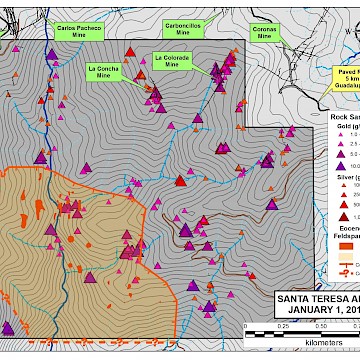
Santa Teresa, a vibrant and culturally rich region, boasts a fascinating history and diverse landscape. Understanding its geography is crucial to appreciating its multifaceted character. This article delves into the intricate details of the map of Santa Teresa, exploring its historical evolution, key landmarks, and practical uses for both residents and visitors.
A Historical Journey Through the Map
The map of Santa Teresa reflects a complex interplay of historical events and natural features. Its earliest iterations, likely rudimentary sketches, were likely used by indigenous communities for navigation and resource management. The arrival of European colonists in the 16th century brought about significant changes, with new settlements, roads, and agricultural landscapes being incorporated into the map.
As the region developed, the map evolved to reflect the growth of towns, the expansion of infrastructure, and the emergence of new industries. The 20th century saw the advent of modern cartographic techniques, leading to more detailed and accurate representations of Santa Teresa’s landscape.
Deciphering the Landscape: Key Features and Landmarks
The map of Santa Teresa reveals a diverse landscape, shaped by mountains, rivers, and coastal plains. Its key features include:
- Mountain Ranges: Santa Teresa is home to several mountain ranges, offering breathtaking views and diverse ecosystems. These mountains are a source of valuable resources and provide natural barriers between different regions.
- River Systems: The region is crisscrossed by numerous rivers, which have played a vital role in its development. These waterways provided transportation routes, facilitated agriculture, and served as sources of drinking water.
- Coastal Areas: Santa Teresa boasts a beautiful coastline, offering pristine beaches, diverse marine life, and opportunities for recreation and tourism. The coastline has also been important for trade and fishing throughout history.
Beyond these natural features, the map of Santa Teresa highlights key landmarks, including:
- Historic Cities and Towns: Santa Teresa is home to several historic cities and towns, each with its unique character and cultural heritage. These settlements offer insights into the region’s past and provide a glimpse into its traditional way of life.
- Cultural Sites: The map reveals the presence of numerous cultural sites, such as archaeological ruins, museums, and religious institutions. These sites offer valuable insights into the region’s rich history and diverse cultural influences.
- Infrastructure: The map displays the region’s infrastructure, including roads, railways, and airports. These transportation networks facilitate trade, communication, and tourism, connecting Santa Teresa to the wider world.
Navigating the Map: Practical Uses and Benefits
The map of Santa Teresa serves as a vital tool for various purposes, including:
- Navigation and Travel: For travelers, the map is essential for planning routes, identifying points of interest, and navigating unfamiliar areas.
- Resource Management: The map provides valuable insights into the distribution of natural resources, enabling efficient resource management and sustainable development.
- Urban Planning: The map is crucial for urban planners, helping them understand the existing infrastructure, identify areas for development, and ensure sustainable growth.
- Historical Research: The map serves as a valuable resource for historians, providing insights into the region’s evolution, settlements, and cultural practices.
FAQs about the Map of Santa Teresa
Q: Where can I find a detailed map of Santa Teresa?
A: Detailed maps of Santa Teresa are available online through various sources, including government websites, mapping services like Google Maps, and specialized travel websites.
Q: What are the best ways to use the map of Santa Teresa for tourism?
A: The map can help identify popular tourist destinations, plan routes, and locate accommodation, restaurants, and other amenities.
Q: How can I access historical maps of Santa Teresa?
A: Historical maps are often available in libraries, archives, and museums. Online databases and specialized websites may also contain digitized versions of historical maps.
Q: How does the map of Santa Teresa reflect the region’s cultural diversity?
A: The map showcases the distribution of different ethnic groups, languages, and cultural practices, highlighting the region’s rich cultural tapestry.
Tips for Using the Map of Santa Teresa Effectively
- Consult multiple sources: Use various maps and resources to gain a comprehensive understanding of the region.
- Utilize online tools: Explore interactive maps and mapping services for real-time updates and additional information.
- Consider scale and detail: Choose the appropriate map scale for your specific needs, whether for general navigation or detailed exploration.
- Combine with other resources: Use the map in conjunction with travel guides, historical accounts, and other relevant information.
Conclusion
The map of Santa Teresa is more than just a visual representation of the region’s geography. It is a powerful tool for understanding its history, culture, and development. By delving into its intricate details, we gain insights into the region’s past, present, and future, appreciating its unique character and the interconnectedness of its landscape, history, and people. As we continue to explore Santa Teresa, the map will remain a vital companion, guiding us through its diverse tapestry and unveiling its hidden treasures.
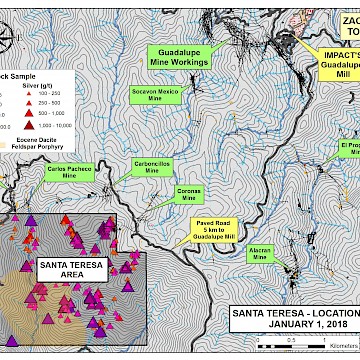
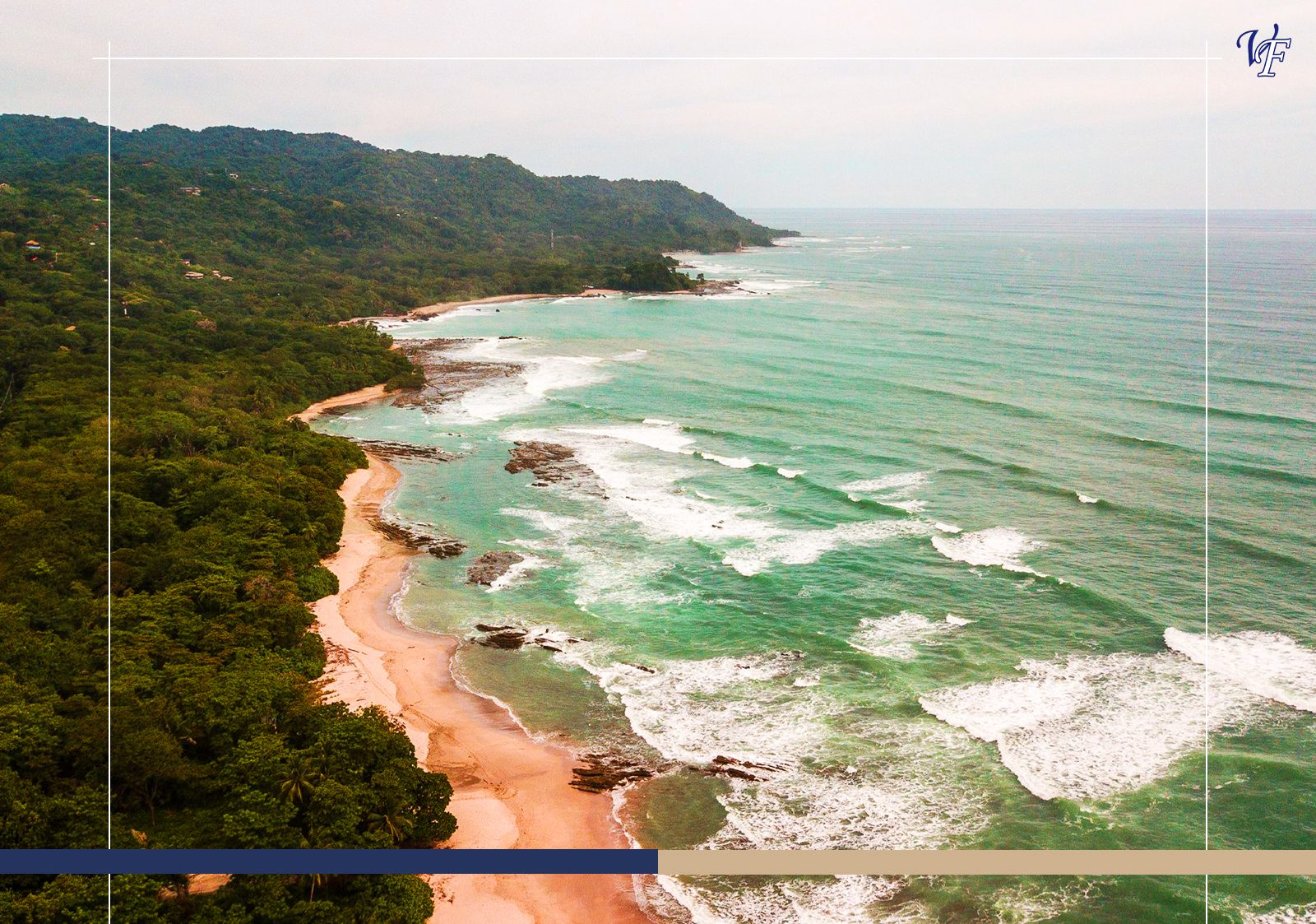



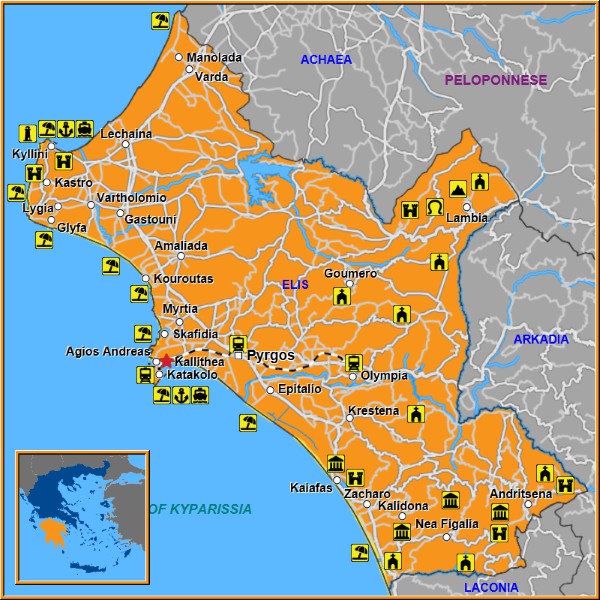
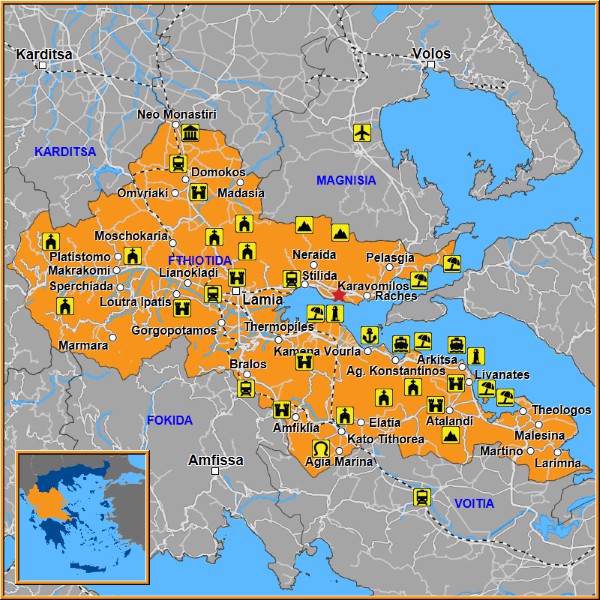
Closure
Thus, we hope this article has provided valuable insights into Navigating the Tapestry of Santa Teresa: A Comprehensive Exploration of its Map. We thank you for taking the time to read this article. See you in our next article!